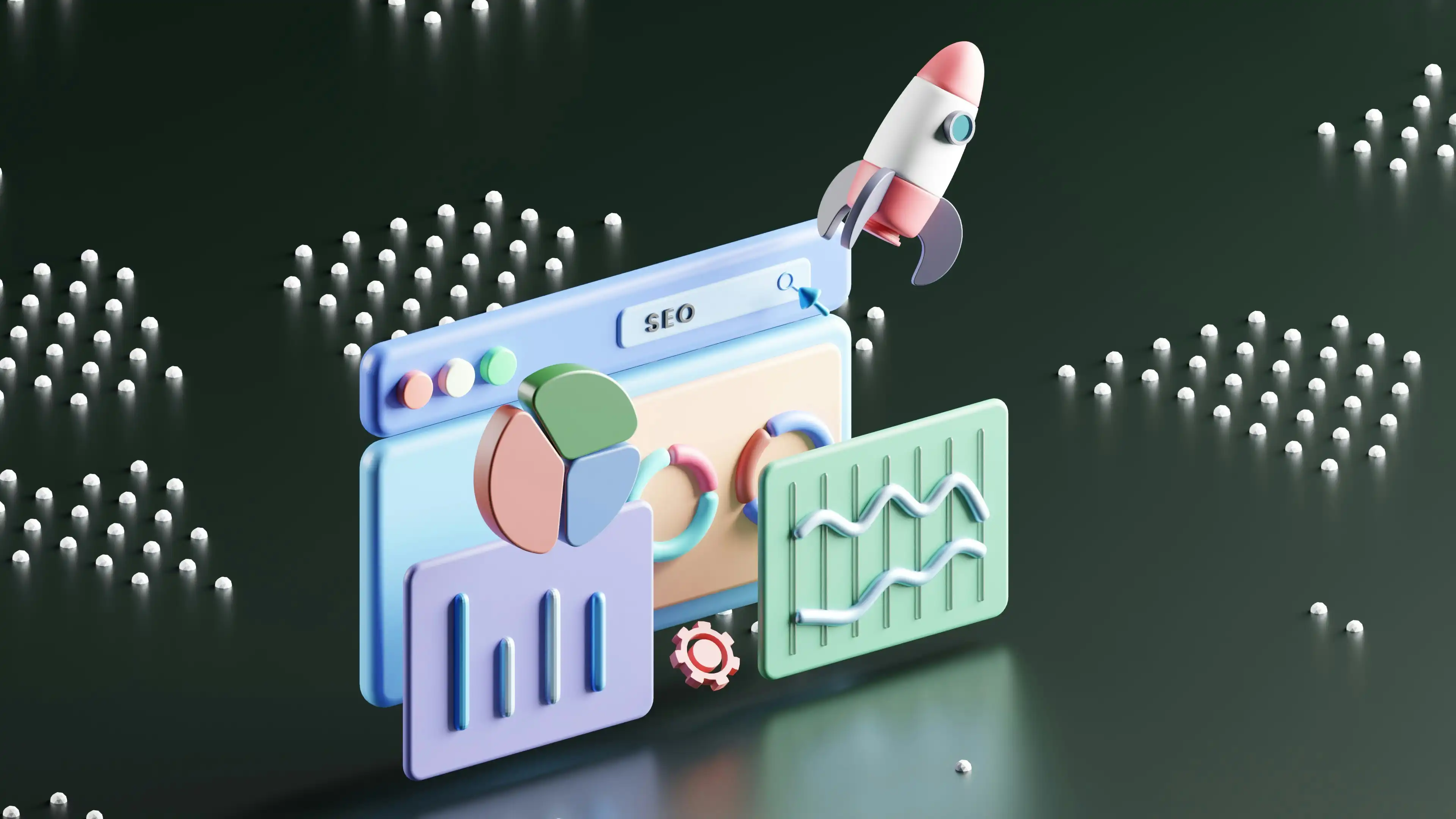Artificial intelligence (AI) is no longer a futuristic concept—it’s transforming how websites rank, how content is optimized, and how users discover information online. As we move further into 2025, understanding AI-driven SEO is crucial for digital marketers, content creators, and business owners alike.
This article explores how machine learning is reshaping search engine optimization and how you can adapt your strategy to stay ahead.
1. Understanding AI in SEO
AI influences almost every aspect of SEO today. Google’s AI algorithms, such as RankBrain and BERT, use machine learning to better understand user intent, context, and the quality of content. Unlike traditional algorithms that focus primarily on keywords, AI evaluates how well a webpage satisfies the needs of the searcher.
Key Takeaway: Optimizing for AI isn’t about tricking algorithms; it’s about delivering value and relevance.
2. Predictive Analytics for Search Rankings
Machine learning enables predictive analytics, helping marketers anticipate which keywords, topics, or content formats will perform best. By analyzing historical search data, AI tools can identify trends and suggest content strategies with higher chances of ranking.
Practical Tip: Use AI-powered SEO platforms like Surfer SEO, Clearscope, or SEMRush’s AI tools to analyze keyword trends and optimize content.
3. Content Optimization with AI
AI tools can automatically analyze your content for readability, keyword density, and semantic relevance. They can also recommend improvements to meet searcher intent and boost ranking potential. Features like natural language processing (NLP) allow AI to understand context and meaning, not just individual keywords.
Actionable Strategy: Use AI to:
- Generate topic suggestions
- Identify content gaps
- Optimize meta tags and headers
4. Personalization and User Experience
AI allows search engines to tailor results based on individual user behavior, location, and preferences. Personalized experiences are increasingly important for SEO, as Google prioritizes content that aligns with user intent and engagement metrics.
Pro Tip: Optimize for engagement signals like click-through rate (CTR), dwell time, and bounce rate to leverage AI-driven personalization.
5. AI and Voice Search Optimization
Voice search relies heavily on AI to interpret natural language queries. Optimizing for conversational keywords, featured snippets, and FAQ-style content will help your website perform better in voice search results.
Tip: Focus on long-tail, question-based queries and ensure your content answers them concisely.
6. AI in Link Building and Competitive Analysis
AI-powered tools can analyze competitors’ backlink profiles, identify high-quality link opportunities, and even automate outreach suggestions. This helps marketers make data-driven decisions, ensuring link-building strategies are both effective and sustainable.
Actionable Insight: Combine AI analysis with manual outreach to maintain authenticity and relevance in link-building campaigns.
Final Thoughts
AI-driven SEO is no longer optional—it’s the future of search marketing. By understanding how machine learning interprets content, predicting trends, optimizing for user intent, and leveraging AI tools, marketers can enhance rankings, increase traffic, and deliver more meaningful user experiences.
In 2025, staying competitive in SEO means embracing AI while maintaining high-quality, user-focused content. The combination of human creativity and AI-driven insights will define the next era of digital marketing success.
.webp)



